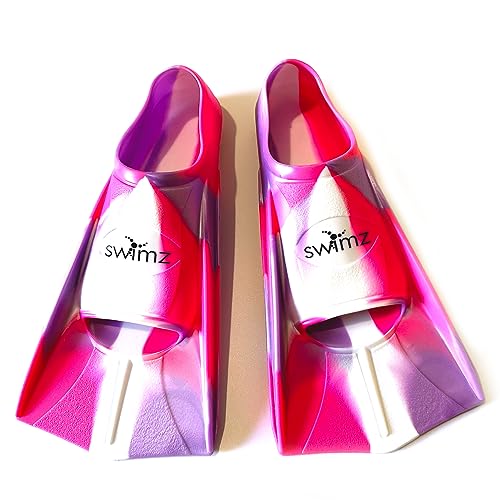Why Choosing the Right Swim Fins Matter?
Swim fins are an essential piece of equipment for swimmers of all levels. They provide additional propulsion and help to build leg strength, making swimming easier and more efficient. However, choosing the right swim fins can make a big difference to your performance in the water. If you’re using the wrong fins, you may not be getting the most out of your workout or swim.
Consider Your Swimming Goals
Before choosing swim fins, it’s important to consider your swimming goals. Are you looking to improve your speed or endurance? Do you want to focus on technique or building strength? Different swim fins will cater to different needs, so it’s important to know what you want to achieve before making a purchase.
Types of Swim Fins
There are three main types of swim fins: long-bladed fins, short-bladed fins, and split fins. Long-bladed fins are great for building leg strength and endurance, while short-bladed fins are better for improving technique and speed. Split fins, on the other hand, reduce the amount of resistance in the water and are ideal for long-distance swimming and for those with weaker leg muscles.
Fit and Comfort
Swim fins should fit comfortably and snugly around your feet without causing any pain or discomfort. You should also ensure that the fins are the correct size for your feet. Fins that are too small or too large can cause blisters, cramps, and discomfort, while fins that are too tight can impede circulation and cause numbness.
Budget and Brand
Finally, it’s important to consider your budget and the brand when choosing swim fins. While it’s always tempting to go for the cheapest option, investing in a quality pair of swim fins can make all the difference to your performance and comfort in the water. Look for reputable brands with a good track record for producing quality equipment, and don’t be afraid to spend a little extra for a pair of fins that will last longer and perform better.






